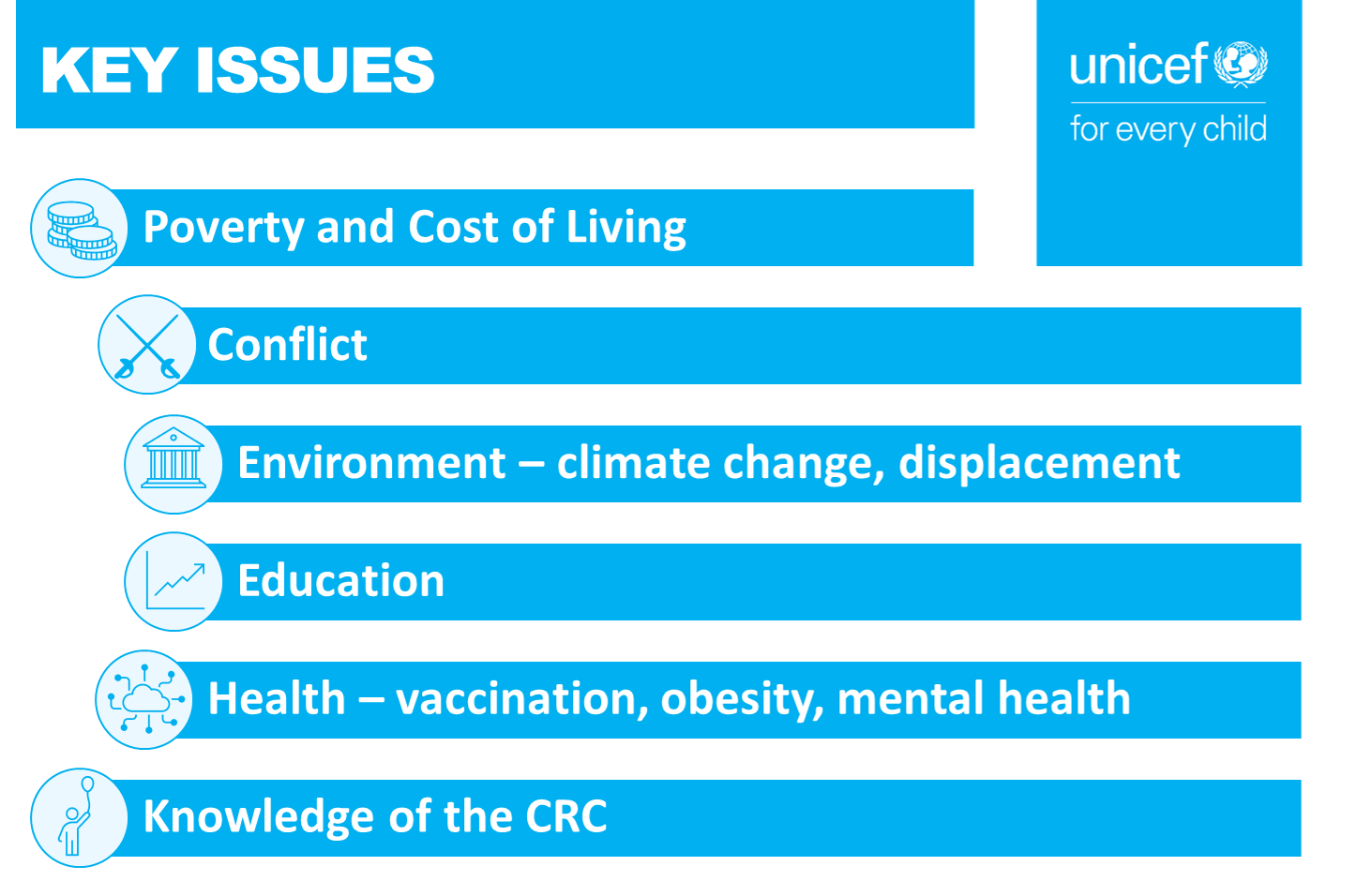Bright beginnings – the impact of the exposome on early life
Challenges and opportunities
Globally, more than half of the population, including 1.5 billion children, live in urban areas. An alarming 91% of urban residents breathe polluted air. In 2019, air pollution in Europe was linked to 472 deaths among children and adolescents, with infants under one year old being most affected. From the air they breathe to the food they eat and the green spaces where they play, every aspect of children’s environments is instrumental in shaping their health and development from the very start. Children’s vulnerability to environmental factors is exacerbated by their developing physiology and limited ability to alter their surroundings. Moreover, the first 1,000 days of life, from conception to a child’s second birthday, represent a critical window of opportunity to positively influence a child’s future health and neurodevelopment.
These challenges and opportunities set the scene for our recent and final LongITools policy forum “Bright Beginnings: Understanding the Impact of the Exposome on Early Life”.
Frances Bestley, Director of Programmes at UNICEF UK outlined the key issues for children worldwide.

Initiatives positively influencing children’s health and wellbeing
Three UNICEF programmes are running in the UK, one focusing on Child-Friendly Cities and Communities. The programme aims to create cities and communities in the UK where all children – whether they are living in care, using a children’s centre, or simply visiting their local library – have a meaningful say in, and truly benefit from, the local decisions, services and spaces that shape their lives. Ten local authorities are engaged in the programme and Cardiff became the first recognised UNICEF Child-Friendly City in 2023.
Rachael Leslie, Director of Public Health for the City of Doncaster Council outlined the School Streets initiative which is working to improve air pollution near schools. 14 schools in the Doncaster area have air pollution levels of PM2.5 over 50% higher than the World Health Organization’s Global Air Quality Guidelines recommend. Rachael explained that despite this, parents with young children are no more likely than the average person to be concerned about air pollution. The most important factor in making these schemes successful is educating and engaging with schools, parents and communities to get buy-in. Results from the initiative include:
- temporary closures of streets immediately surrounding three schools at the beginning and end of the school day
- reduced levels of toxic fumes from cars idling and congregating outside schools
- safer roads
- increased walking and cycling
- a positive impact on children’s physical and mental health.
The early life impact of social disadvantages
LongITools presentations were provided by Barbara Heude, Research Director at Inserm, Sylvain Sebert, Professor at the University of Oulu and the LongITools Project Coordinator, and Tessa Roseboom, Professor of Early Development and Health at the University of Amsterdam and Future Generations Commissioner at Amsterdam University Medical Center (AUMC). All outlined the impact social disadvantages can have on health outcomes. The Inserm team’s research has shown that lower maternal education levels are associated with earlier adiposity rebound in the child, a risk factor for obesity and other cardiometabolic disorders in adulthood. Sylvain highlighted that evidence shows that genetic predisposition to obesity tends to increase from one generation to the next and is associated with social adversity.

Amanda Fernandes, Consultant in Age-Friendly Environments for the World Health Organization, presented research from the ATHLETE project, which she was involved in as a researcher until recently. The results of her study show that children aged 6-12 who live or study near green spaces have a better memory, especially if they are from affluent families. She suggests policymakers should invest in maintaining and upgrading green spaces in economically disadvantaged areas.
Expanding on these themes, Tessa discussed the Netherlands’ Solid Start programme, which translates scientific evidence into policy and practice. The programme is based on three main arguments for investing in a nurturing environment where children can reach their full potential.

These arguments have led the Dutch government to invest €23 million into Solid Start, which promotes a collaborative, systems approach at both societal and municipal levels. Professionals from medical and social domains work together across all municipalities to provide integrated support to families before, during, and after pregnancy. This initiative aims to optimise the environment in which children grow, helping to reduce health disparities and support their development from the very beginning.
Laying the foundations for future generations
The policy forum highlighted synergies between the research evidence and the interventions run by local, national and international charities and policymakers. Air pollution, green space and education were highlighted as exposures influencing children’s health, and social disadvantages are a key factor in the level of impact experienced. What was clear from the discussions, is that we all have a part to play but there is so much complexity in both the science and in doing the right thing. What one policy sets out to do may be unknowingly hampered by another. Inequality remains a key issue in adverse health outcomes and a multi-sectoral approach is needed.
“Both as policymakers and as scientists we can contribute to creating a climate in which all children get a chance to develop to their full potential”.
Tessa Roseboom, Future Generations Commissioner, AUMC
A recording of the event is below. Please note: due to technical issues with the recording, the pre-recorded presentation from Tessa Roseboom has been separated from the main forum recording, though it was played during the meeting. This is also available below.
Future LongITools events
A final LongITools Science Connecting Policy workshop will be held in April 2024, in Gothenburg, Sweden, to share the project’s results and policy recommendations. Please contact Ola El Saleh to register your interest in this event.